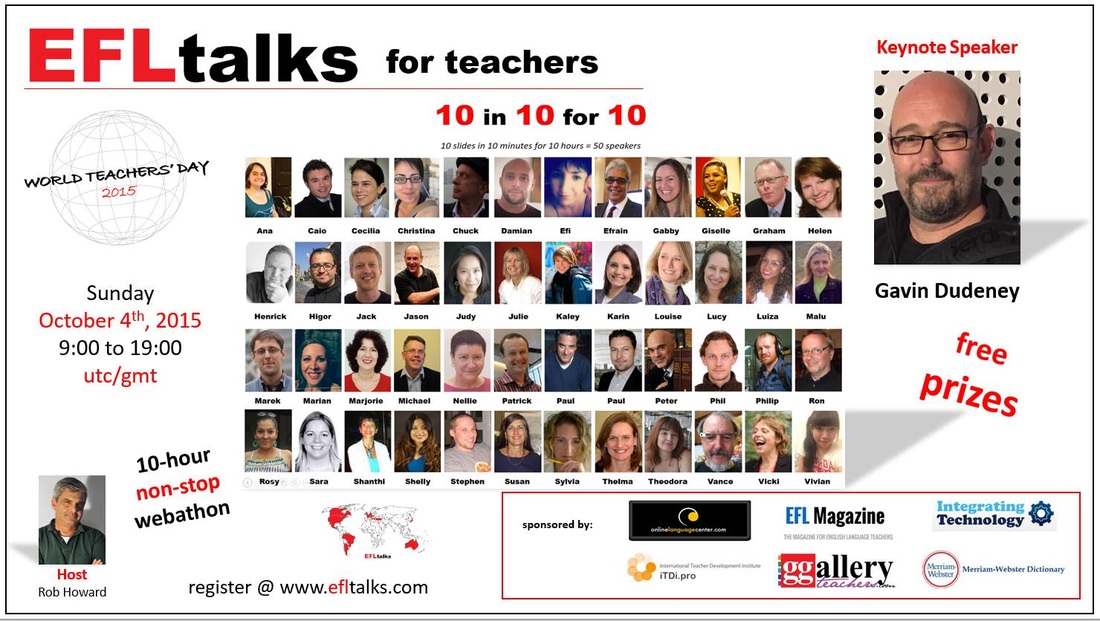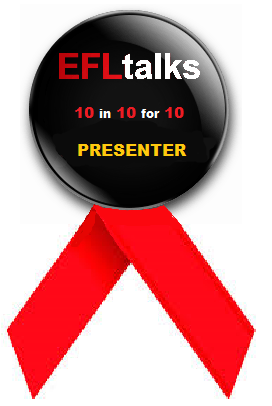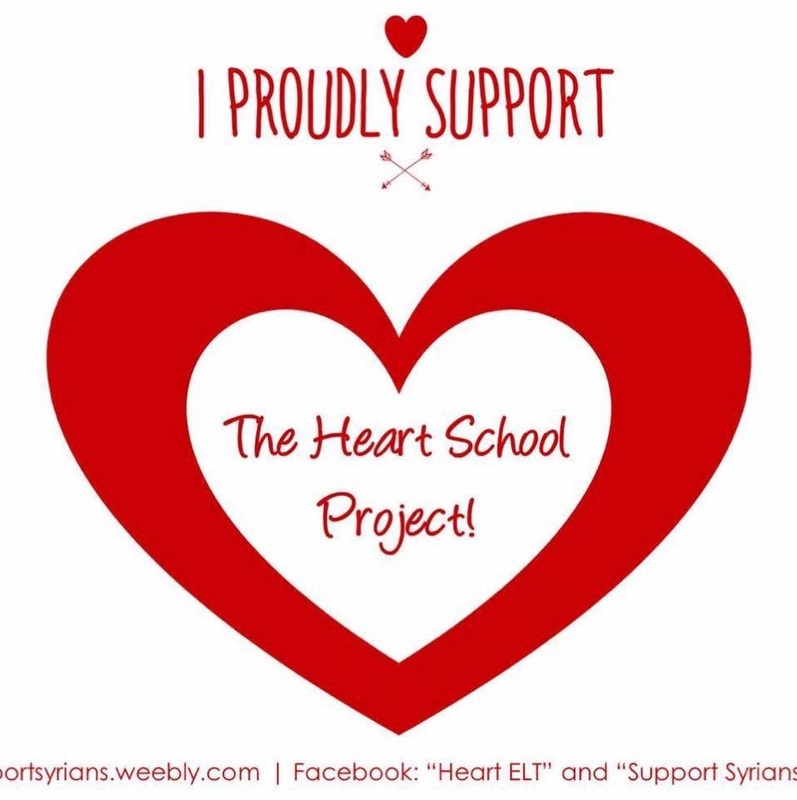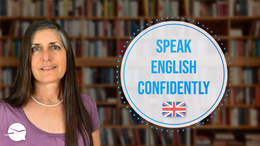|
Many of my fluent English students make mistakes that make their English sound UNnatural. One of these is when narrating events, they tend to say ... and AFTER I went shopping… instead of saying ... and afterWARDS I went shopping. AfterWARDS… means ‘after THAT’ and it avoids having to repeat what was mentioned earlier: I brushed my teeth and after brushing my teeth I went to bed. To avoid repetition we say: I brushed my teeth and afterWARDS I went to bed. So next time you narrate a series of events, remember to say: First… Then… AfterWARDS… Finally… and your English will sound natural. I hope you find this useful. Susan
2 Comments
NUMBERS – many students are confident speakers of English, yet when it comes to reading numbers out loud they stop, panic, stutter and nothing comes out. So instead of practising these unseemingly complicated digits, they shy away from them and never become confident in saying numbers. Yet in reality numbers are not at all complicated if you know the rules. Numbers are everywhere and form an important part of language speaking whether you are a tourist or a businessman. Numbers come in all kinds of formats: they can represent a statistic, a price, a date, a year, a time, a temperature… just to name a few. So let’s have a look at how to say numbers: Presuming everyone knows the basics of numbers from 1 – 100…
unless we are referring to the years between 2000 – 2009
only since the turn of the century in American English it is acceptable to continue this system referring to the year as
Let’s analyse how to say longer numbers easily: 9, 876, 543 - to practise and gain confidence start from the end: 43 – forty three 543 – five hundred and fortythree and- it’s important to always say the AND after the word hundred even if we usually abbreviate it with ‘n ) 6, 543 – six thousand, five hundred ‘n fortythree 76, 543 – seventysix thousand, five hundred ‘n fortythree 876, 543 – eight hundred ‘n seventysix thousand, five hundred ‘n fortythree 9, 876, 543 – nine million, eight hundred ‘n seventysix thousand, five hundred ‘n fortythree as you can see, it’s really easy and only a question of practice. I recommend reading any numbers you see around you – the number of the car in front of you at the traffic light, street numbers and many more surrounding you in daily life… always start from the end until you become confident.
Gain confidence with numbers - the more you practice the easier it gets! You can download this document for easy reference. Hopefully this will have clarified numbers for you. Susan
The QUESTION CHALLENGE: a fast, fun, highly effective and exciting question formulating activity for any tense or level. Give each team of students a hotel reception bell (raising your hand is a less exciting alternative). Show only the first sentence with question prompt on the Interactive Whiteboard (or write it on the board). The first team to ring the bell (or raise their hand) gets to formulate the question.
The game should be fast paced for more fun and effective quick thinking The questions I attach in the download are to be formulated in the simple past for A2 level but depending on the type of sentence, higher and lower level challenges can be prepared. The challenge ends when all the questions have been formulated. I hope you have fun with this activity. Susan
Imagine being a baby ripped from your warm cosy bed to be taken like a parcel on a treacherous journey because your parents want to be able to offer you a better life, a life of peace with a future… Imagine growing up for four – five years in a refugee camp: living in makeshift tents, muddy outside when it rains, nowhere safe to play, nothing particular to do… you are now five years old and have known nothing else – this is your whole life! But you are a child, with a right to play in a safe environment, a right to be stimulated with toys and books, a right to learn, a right to be creative, a right to education… And then there is the scary part: the story of your friends, the ones you played with until yesterday – you hear they went away on a big, big boat but the boat sank and your friends went under water – they are no more… scary! Really scary because you know your parents might like to try and go away from this only world you know, too! The Heart School is a little shining star in the midst of this refugee camp: something to look forward to everyday; a place to meet your friends, be creative and play; a place that will teach a lot and even English for your future one day… Let’s give these children HOPE… http://heartelt.org/#portfolio Support the project by buying a book of teaching activities: http://heartelt.org/#publications Reblogged from http://heartelt.org/2016/05/06/refugee-children-not-statistics-but-children-with-the-same-rights/
Learning English would initially be best done without reading, as the written word distracts learners from hearing the correct pronunciation. DON'T READ! LISTEN & IMITATE the sound you hear! Don't be distracted by the way it's written - LISTEN & REPEAT IMITATING!! The L before the letter K, as in WALK or TALK, is NEVER PRONOUNCED so that we say /wɔːk/. /tɔːk/. As a result we say walkie-talkie /ˌwɔː.kiˈtɔː.ki/ The same happens with L before F as in HALF. /hɑːf/ or before the M as in CALM /cɑːm/ or in SALMON /ˈsæmən/ So remember: Don't be distracted by the way it's written - LISTEN & REPEAT IMITATING!! Check out CAMBRIDGE DICTIONARIES ONLINE to listen to the exact British or American pronunciation of the words: http://dictionary.cambridge.org/it/pronuncia/inglese/salmon http://dictionary.cambridge.org/it/dizionario/inglese/walkie-talkie You can download the pictures below. I hope you find this useful. Susan
A couple of days ago I came across a teacher’s blog* suggesting we should watch some 2 minute videos on nature by Conservation International and then ask the students to develop similar short speeches to present to the class. I tried this activity out in two different versions and was amazed by the results! These spectacular videos of nature are commented by actors impersonating an aspect of nature: Mother Nature, the Sky, the Ocean, the Mountain, Water, Ice and many more… In the first activity I asked some tired adults at the end of their late evening’s two-hour conversation lesson to watch the video on Mother Nature with subtitles in English. I then gave them 3 minutes to discuss in two teams what they were going to say impersonating Water in one group and the Sky in the other. They had to speak for between 30 seconds and a minute since it was late and the lesson was drawing to a close. One representative from each team made interesting and detailed descriptions of their characteristics as elements of nature filling the minute easily. Despite the late hour their speeches were very complete and they really enjoyed the brief activity. The second activity involved showing youngsters aged between 9 and 13 the same videos and having them repeat each sentence after the actor (stopping the video) and reading the subtitles. I then asked them to imagine they were an element of nature and to write it up. We subsequently recorded them reading it as well. The written work which resulted was pretty amazing for their age and they were truly interested in the work they were doing – not such an easy feat for this age group.
I therefore recommend this activity and would be curious to hear other experiences on the subject. The videos belong to the series: Nature is speaking. (*if only I could remember whose) I hope you like this suggestion. Susan |
Categories
All
Would you like regular English learning & teaching ideas? Subscribe to my blog so you don't miss a post!
AuthorMy name is Susan Brodar, born in London into a multilingual family and brought up bilingual English / Italian. Archives
December 2018
|
|||||||||||||||||||||||||||||||

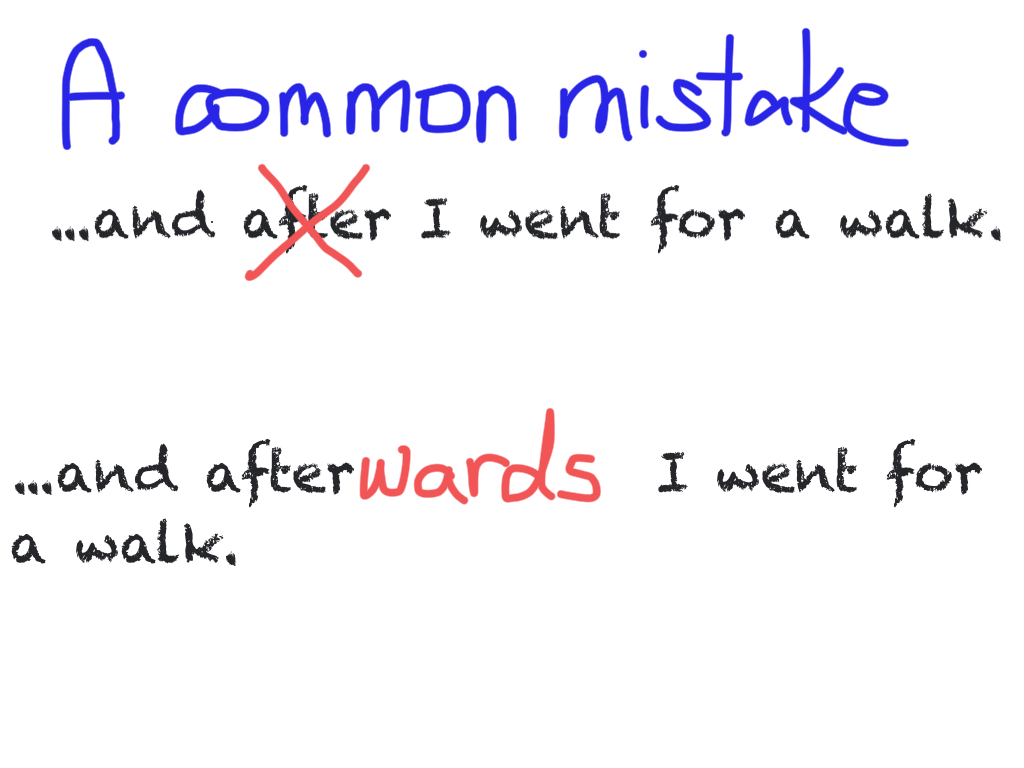
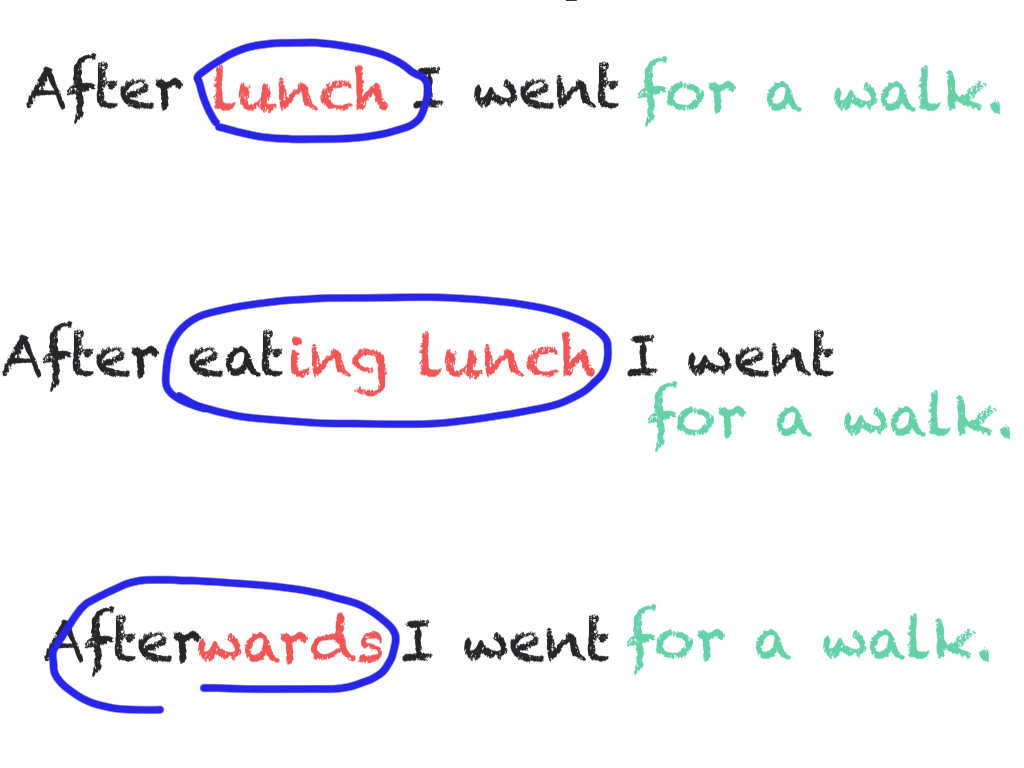
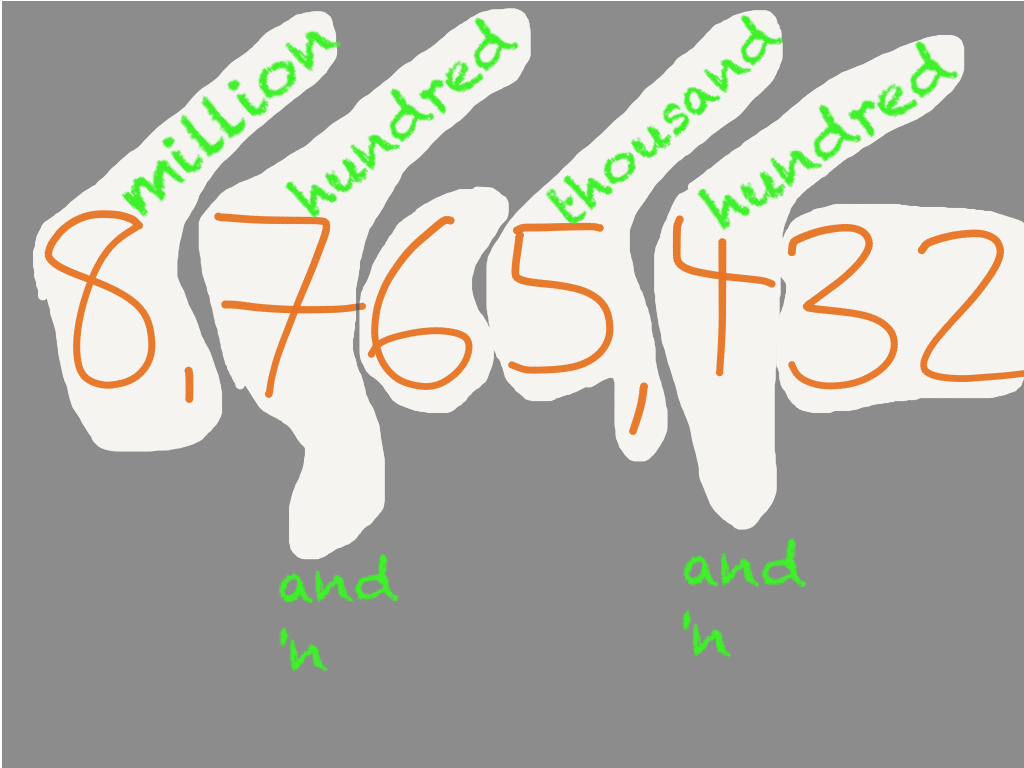
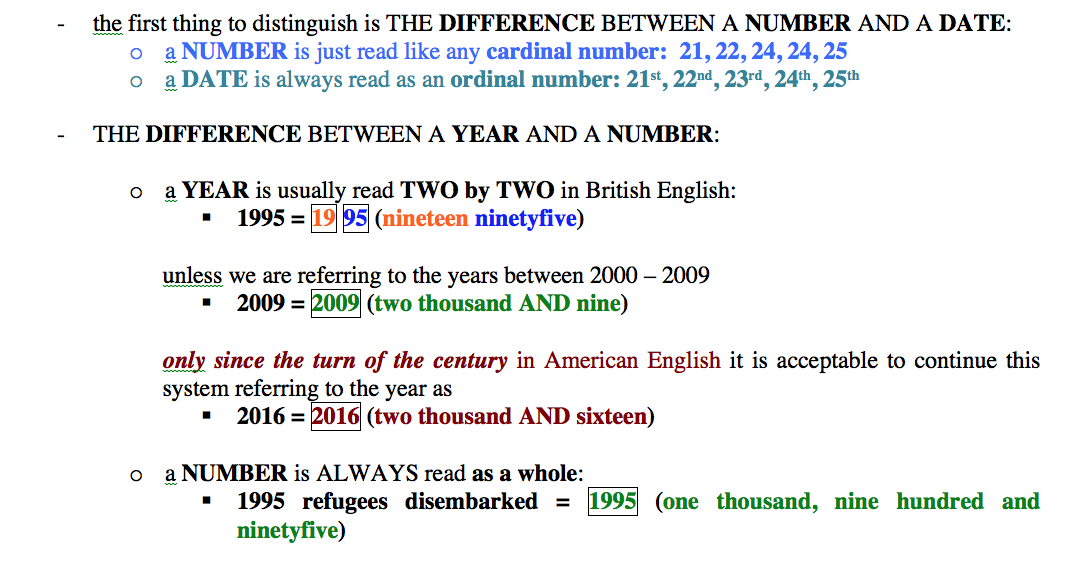




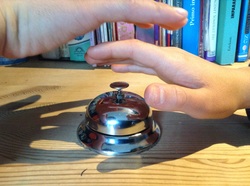



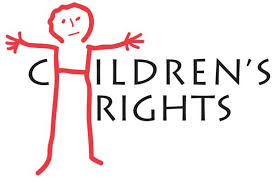
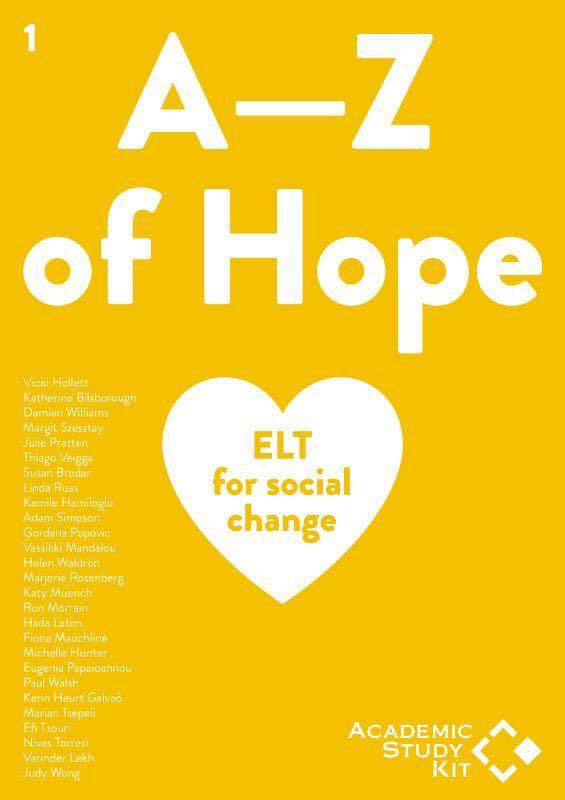
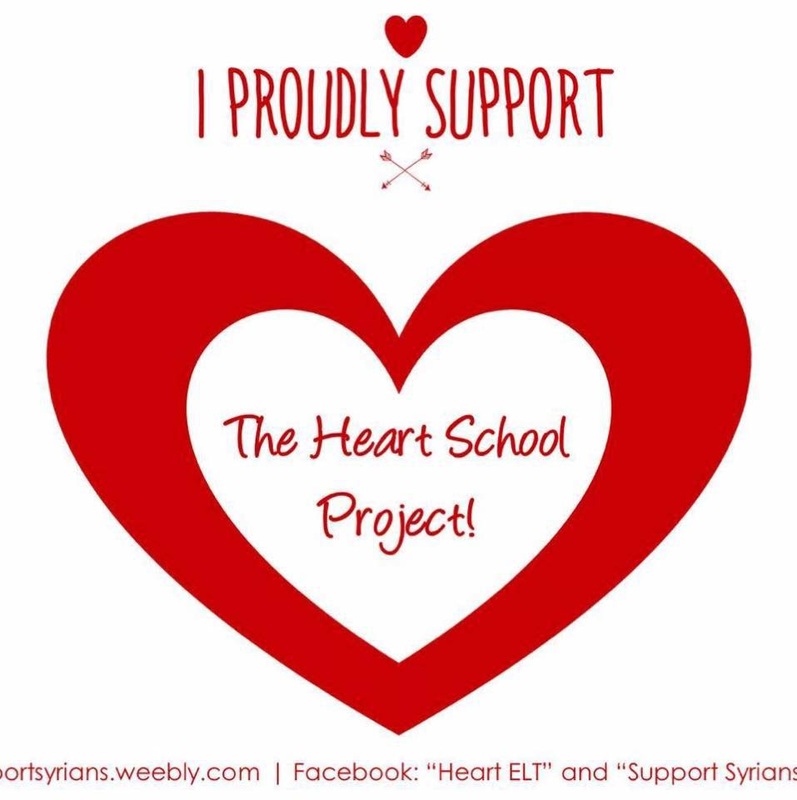
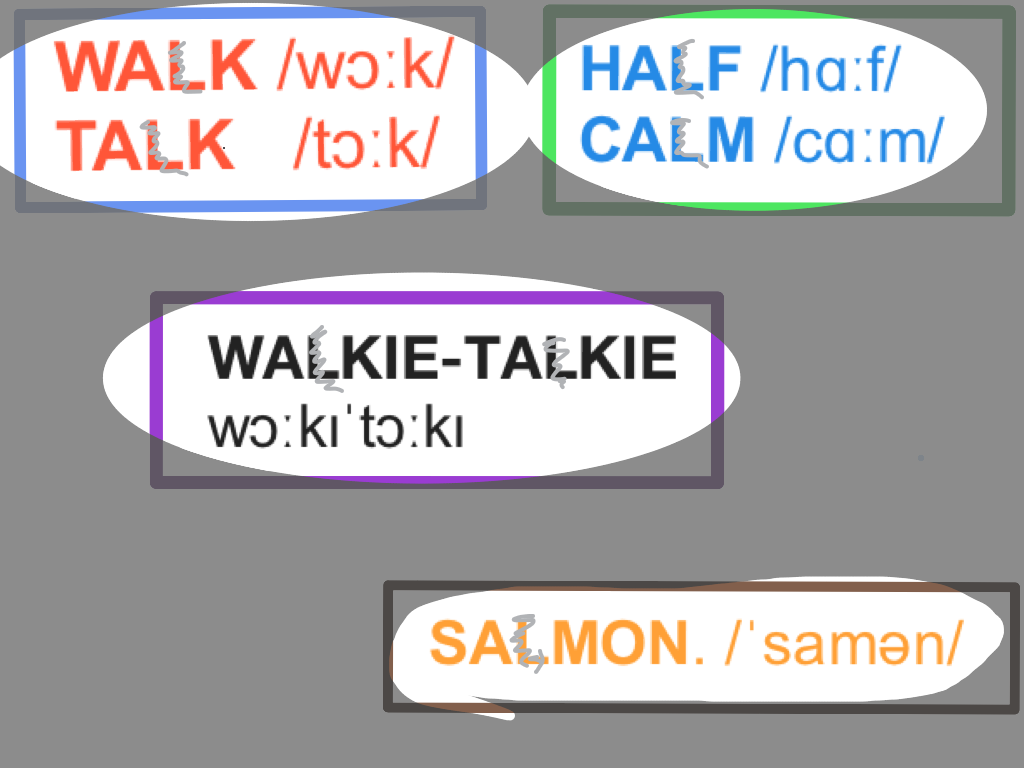
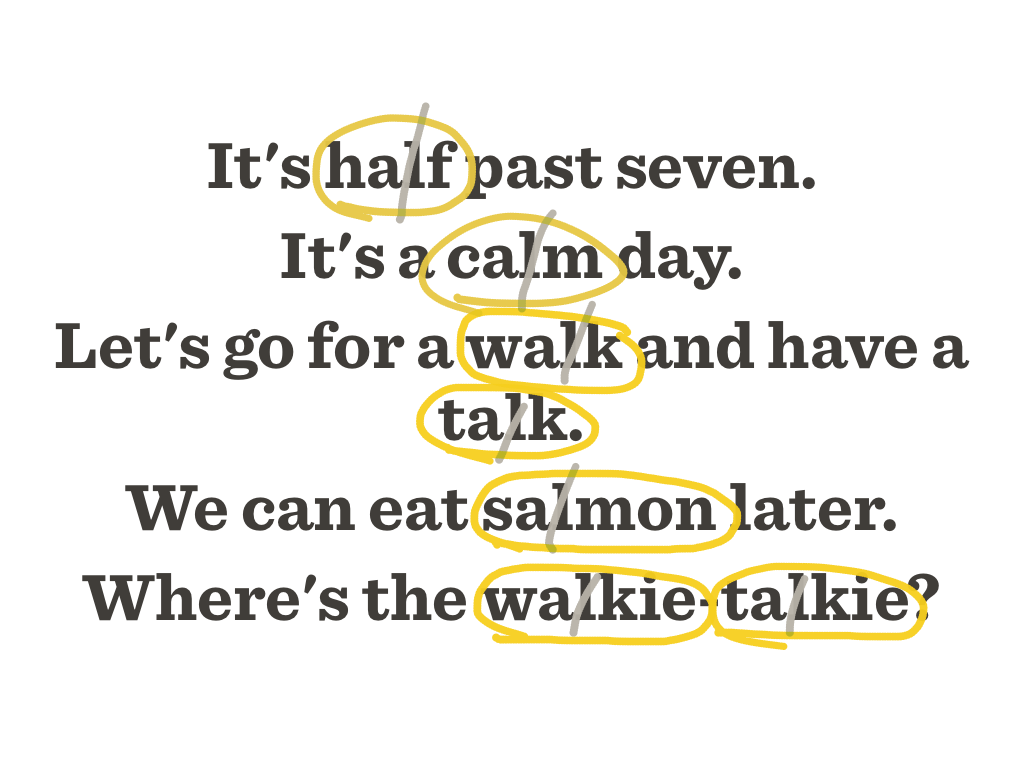
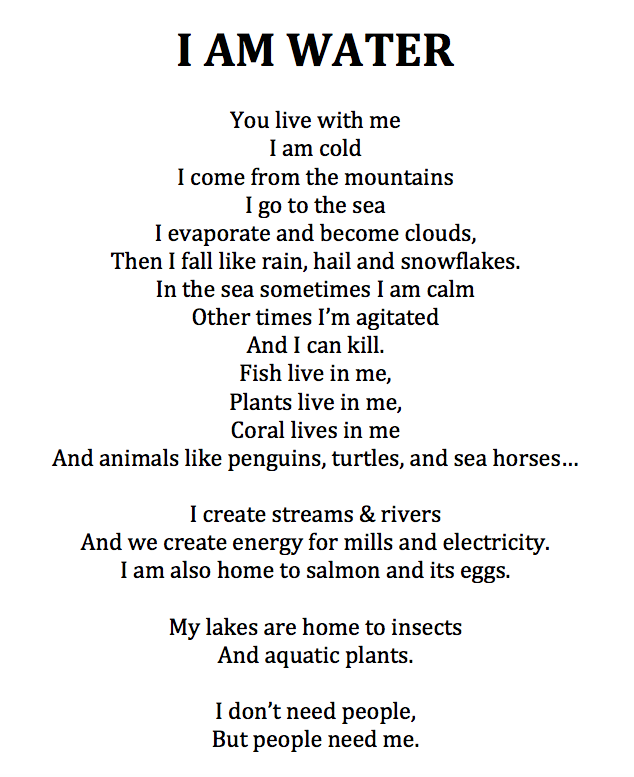
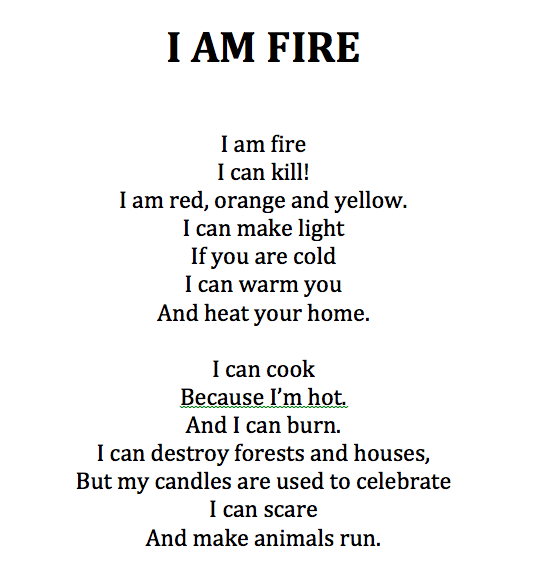
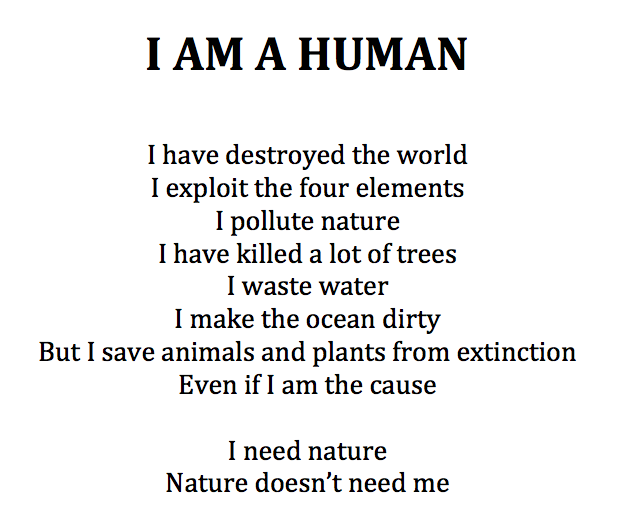

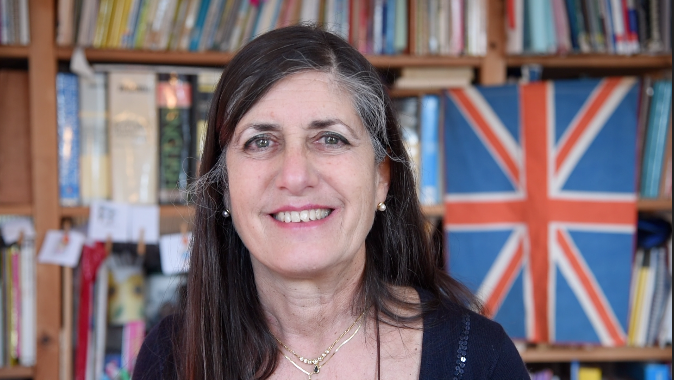

 RSS Feed
RSS Feed
